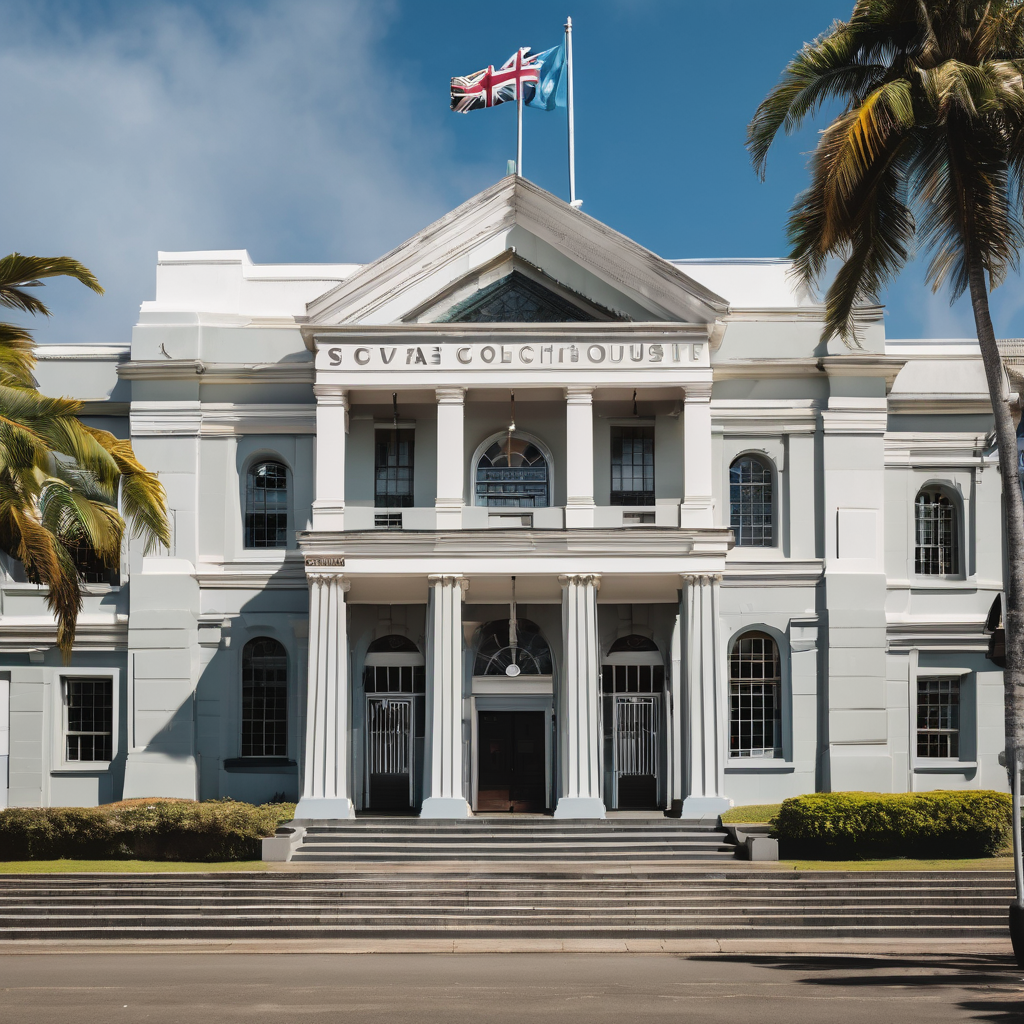The Suva High Court has recently heard the legal challenge by former Fiji Independent Commission Against Corruption (FICAC) Commissioner Barbara Malimali, who disputes her removal from office. This case has sparked significant scrutiny regarding the authority of the Prime Minister and the President over appointments and dismissals in Fijian governance.
During the hearings, Deputy Solicitor General Eliesa Tuiloma, representing both the President and the Attorney General, argued that the actions taken by the Prime Minister and President were within their constitutional rights. Tuiloma portrayed Malimali’s removal as a necessary corrective measure due to complications related to her appointment, including a Commission of Inquiry (COI) that examined the conduct of both the Prime Minister and the Attorney General.
The Deputy Solicitor General contended that Malimali’s request for a judicial review should be dismissed, citing the President’s immunity in court and the principle of state necessity guiding their decisions. Simione Valeniatabua, counsel for the Prime Minister, similarly asserted that the Prime Minister acted within constitutional parameters, emphasizing that while the Judicial Services Commission (JSC) may recommend appointments, it does not have the authority to advise the President.
This case unfolds against a backdrop of broader discussions surrounding governance and accountability in Fiji, particularly following Malimali’s short tenure as FICAC Commissioner, which commenced in September 2024. Her dismissal was accompanied by claims concerning the legitimacy of her appointment, illuminating the politically charged environment tied to her role, especially in light of investigations linked to Deputy Prime Minister Biman Prasad.
Legal analysts suggest that the ramifications of this case may transcend Malimali’s personal circumstances. There is optimism that it could act as a pivotal moment for Fijian governance, galvanizing reforms aimed at strengthening institutional integrity and transparency. The anticipated judgment on January 26 is viewed as critical not only for clarifying procedural fairness and the functions of pivotal offices, but also for enhancing public trust in governmental mechanisms.
As the court approaches its decision early next year, the outcome could have profound implications for Fiji’s political future, underscoring the vital importance of implementing robust checks and balances within its governance framework.
